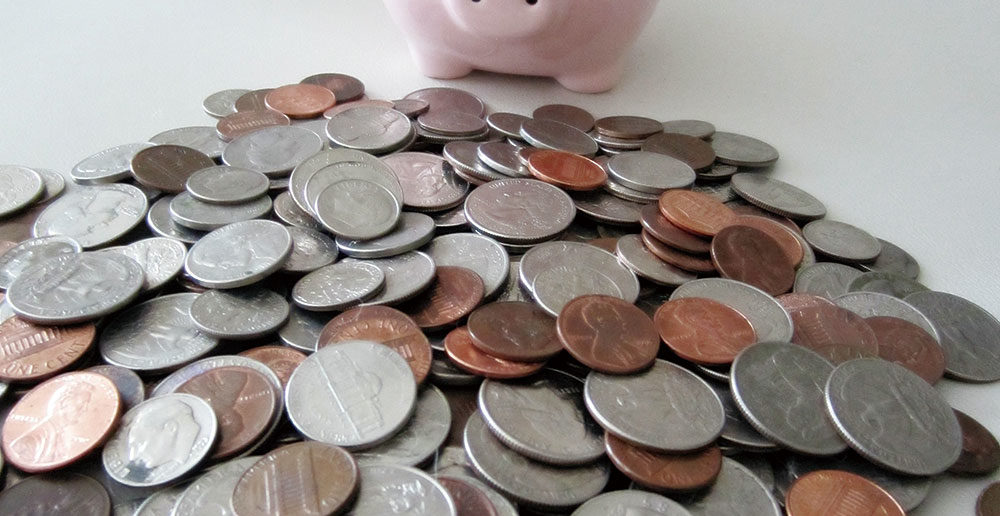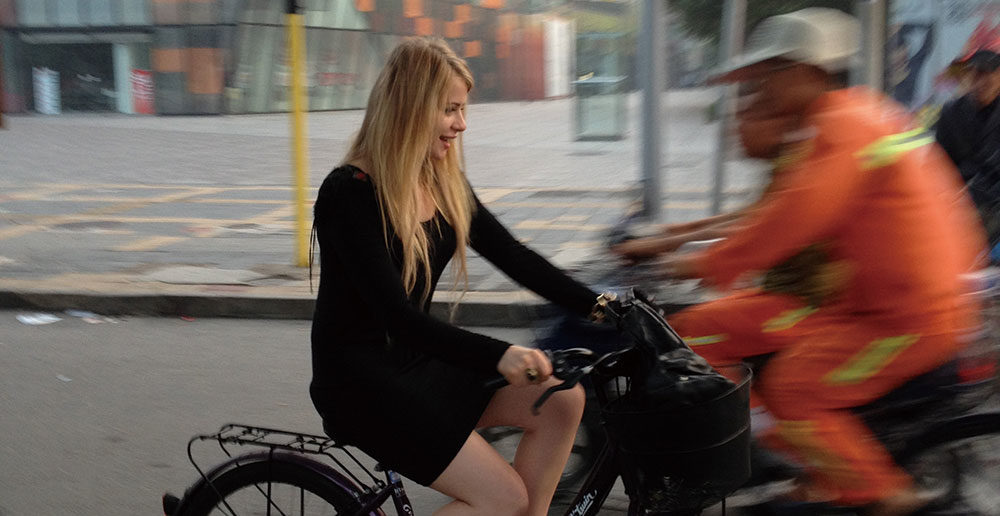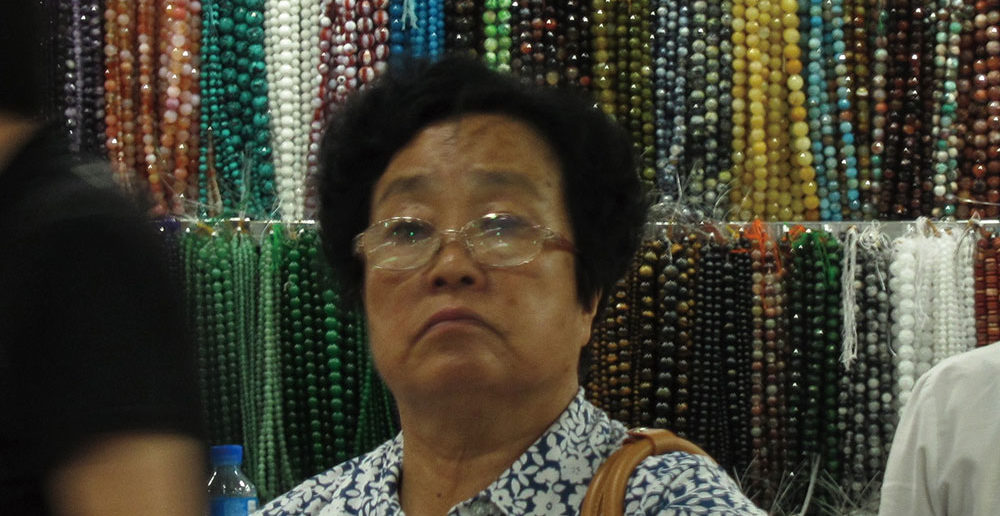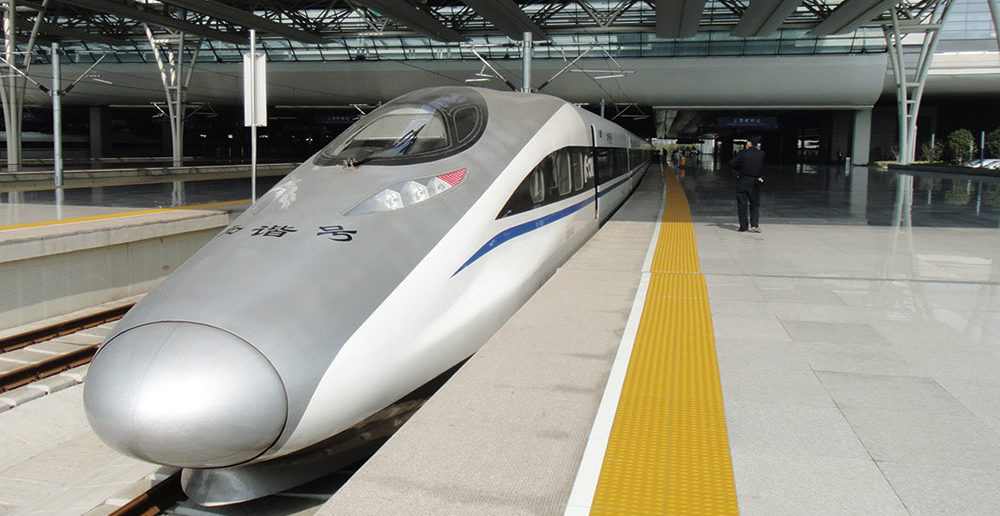For many international families, their time in China is an opportunity to save money, or to send it back home as a nest egg for the future. However, expat life can be expensive. Beijing was this year named as “the most expensive global city to rent in” by the Global Cities Business Alliance. And those little luxuries, or comforts to alleviate homesickness, can quickly add up, leaving you with little or no spare cash.
Yet most international families are wealthy compared to ordinary Beijingers. According to the Bureau of Statistics, the average salary in the city is RMB 6,500 a month. Expat packages can be six times that or more. So it must be possible to live well in Beijing and still save money, right?
Of course. Let beijingkids show you how you can save over RMB 250,000 a year, by living more like a local. And you get the authentic Beijing experience too.

LIVING
Move to the ‘Burbs
Do you really need that hutong or Sanlitun pad? Beijing’s ever expanding subway network means that you can live in the suburbs without being cut off from all the action. Shunyi is expensive, but areas like Tongzhou and Haidian are rapidly developing, and offer community life on a more human scale than the teeming highways of downtown.
Rent on a 2 bedroom apartment in CBD: RMB 10,000 per month
Rent on a 2 bedroom apartment in Tongzhou: RMB 3,500 per month.
Annual savings: RMB 78,000
Ditch the Ayi
OK, this is a contentious area. You may be shouting at the page that you already don’t have an ayi and can’t afford one. Or you might be yelling that you work long hours, that your ayi is a godsend, and without her you’d have no family time at all. However, it’s worth considering whether you’re getting the right kind of help.
If all you need is a hand with the housework, a domestic cleaning service or xiaoshi gong might be better value.
Ayi, 20 hours per week, at RMB 40 per hour: RMB 800 per week
Cleaning service, 10 hours per week, at RMB 30 per hour: RMB 300 per week.
Annual saving: RMB 26,000
Get a Lodger
If you have a spare room, then a lodger can bring in much needed income. Place a small ad on theBeijinger website, and you could make a new friend. Plus, your lodger could be a cheaper babysitting option than an ayi (assuming of course you carry out appropriate background checks).
Rent on a room in Tongzhou: RMB 1,000
Annual savings: RMB 12,000
EDUCATION
Unless school fees are included in your salary package, they can be a major expense. One cheaper option is to send your children to the international section of a local school, such as Fangcaodi. Entry requirements can be opaque and may require the exercise of guanxi. Also, many teach only in Mandarin, so your kids will need to be fluent. See our article about international school scholarships on page 27.
Average fees for two children at international schools: RMB 100,000
Average fees for two children at a local school: RMB 50,000
Annual savings: RMB 50,000

TRANSPORT
Get on your Bike!
Why spend half your life sitting in jams when you could be zipping through the traffic and keeping fit at the same time? Beijing is the perfect city for cyclists: it’s flat, with an extensive network of broad bike lanes. (We will pass over the fact that the bike lanes are so wide they’re often full of cars.) Traveling by bicycle is often quicker than car, as you can bypass Beijing’s infamous congestion. And if you’re getting daily exercise, then there’s no need for that expensive gym membership either.
Car rental (with driver): RMB 5,000 per month
Gym membership: RMB 4,000 per year
Cost of a good quality second hand bike: RMB 500
Annual savings: RMB 63,500
FOOD AND DRINK
Eat Local
Food is relatively cheap in Beijing, but not if you want to keep eating like a Westerner. A small frozen pizza can cost RMB 50-70, a liter of fresh fruit juice RMB 30. Buying imported food can almost double the cost of your weekly shop.
But if you don’t know what to do with all those strange vegetables and spices, don’t worry. You can take a course in Chinese cooking, learn lots of new skills to impress your friends at dinner parties, and still save money!
Monthly groceries including Western food: RMB 3,500
Monthly groceries without Western food: RMB 2,000
Intensive ten day cookery course with The Hutong: RMB 4,000
Annual Savings: RMB 14,000

Shop Local
There are further savings to be made if you step away from the comfort of the supermarket and discover your local market. This is not only a money saver, but a great opportunity to practice your Chinese and mingle with real Beijingers!
Savings on monthly shop by buying fruits, vegetables, and meat at the market: RMB 500
Annual Savings: RMB 6,000
Drink Local
If you like a glass of wine for the weekend, this can quickly become a major expense. Imported wines are, frankly, overpriced, with mass-produced Chilean plonk retailing at RMB 200-300, and decent (though undistinguished) Bordeaux costing up to RMB 800. There are bin end bargains to be had at supermarkets like Jenny Lou’s, but very often the wine has been poorly transported or stored and is long past its best.
However locally produced vino is fast improving. While there is nothing to match the best of European or New World wine, you can find a decent tipple if you do a bit of research. Generally, it’s best to avoid big brand names and look for smaller vineyards, although Great Wall produces some acceptable vins de table.
Bottle of French wine: RMB 500
Bottle of comparable Chinese wine: RMB 150
Annual savings: RMB 16,800
A Tip – Don’t Tip
There is no expectation in Chinese restaurants and taxis that you pay anything other than the stated price, any more than you would tip in McDonald’s.
The savings from this are slight, and you may feel that a small expense to you makes a big difference to low paid workers. Bear in mind though that in some quarters tipping is seen as an insult, implying that the laoban doesn’t pay their workers properly.
Annual savings: RMB 500

TRAVEL
The Rail
The lure of travel is what drew many families to Beijing in the first place, but you don’t have to push the boat out to see the wonders of Asia. China’s railway system is clean, efficient, and comfortable. Bullet trains reach speeds of over 180 mph but the ride is so smooth that you’ll barely know you’re moving. A sleeper train, meanwhile, is fun for the kids, who can lie in bed and watch the country race by. And in the morning, you wake up in a new city. Just make sure to book a soft sleeper. Hard sleepers may be an adventure too far for even the most intrepid family!
Round trip for two adults and two children to Shanghai by airplane: RMB 6,800
Round trip for two adults and two children, second class to Shanghai by bullet train: RMB 2,800
Annual savings: RMB 4,000
Host City
Why pay premium prices for cramped rooms in a hotel when you can live like a local and enjoy a whole apartment? There’s a reason why Airbnb has become one of the biggest companies in the world since its founding in 2008. It’s particularly convenient for parents of young children, who don’t want to leave their kids in a room on their own, but also don’t want to be stuck with the little ones in a tiny hotel room after bedtime.
Seven nights in Shanghai:
In a hotel family room: RMB 4,650
In a two bedroom apartment: RMB 3,500
Annual savings: RMB 1,150
All Assets Put to Work
While you’re on Airbnb making those holiday plans, then sublet your apartment to short term project professionals and have your home maintain itself while you are away.
Sublet apartment during winter and summer holidays at RMB 150 – 200 per day
Annual Savings: RMB 10,500-14,000

SHOPPING
Swap till you Drop
Children grow out of clothes quickly, and there’s little sense in buying them expensive designer gear for day to day wear and play. We say, let them get scuffed and mucky – it’s what childhood is all about! International families are often far from relatives who might be a source of traditional “hand me downs,” so why not organize a clothes swap? It’s a great way for communities to come together, and to meet the neighbors. Adults too might find clothes they like!
Annual clothing budget per child: RMB 2,000-3,000
Reduced budget with clothes swaps: RMB 500
Annual savings per child: RMB 500
Drive a Hard Bargain
Haggling is another activity which doesn’t come naturally to many Westerners. We’re not suggesting that you start arguing over the bill at April Gourmet, but if you’re in the Pearl or Silk Markets, then you’d be ill-advised to pay the first price that’s mentioned.
It’s a good rule of thumb to offer 20 percent of the asking price. You will of course be greeted with incredulity, horror, mockery, and other expressions of disgust. Your next move should be to walk away. Generally, the vendor will chase after you, and proper negotiations will begin; if they don’t, then you’ll nearly always be able to find the same goods somewhere else not too far away.
The purpose of starting so low is to be able to go up sufficiently to preserve the vendor’s dignity, while still arriving at a good price for you. In the end, the determining factor should not be the vendor’s starting figure, but what you are prepared to pay. Vendors will never sell at a loss, and would rather make a small profit than lose a sale. Don’t be afraid to stick to your guns.
Annual savings: RMB 600
Taobao to the Inevitable
If you don’t read hanzi fluently, then Taobao can be intimidating, with its flashing lights, dense text, and endless menus. Paying isn’t easy either, until you’ve set up an Alipay account (see the helpful guide “How to: Set Up Alipay as a Foreigner” on our website). Once you’re in though, you have access to a market of staggering size and cutthroat competition. No need to worry about haggling, when every price is immediately visible and vendors are vying for your business. Whatever you want, you can get it, for a bargain price and delivered to your door.
Annual savings: RMB: 1,000 or more
Filter tips
Beijing’s water is safe to drink at the point when it leaves the purification plant, but most Beijingers, both international and local, don’t trust the pipes it flows through on the way to your home. Even if you believe the water to be safe, it has a taste which many find unpleasant. Bottled water is the usual solution, but is it really any better?
As with food, there have been many water-related scandals in China in recent years. In 2007, a study found that 40 percent of bottled water was simply tap water. Where the water itself is genuine, the bottles might be a concern. Cheaply produced plastic will contaminate its contents if it gets warm. Then there’s the environmental cost of delivering water, and particularly of importing it.
The alternative is to have a water filter fitted in your home. This means you can be sure that the water your family is drinking is safe – and it saves money too!
4 x 19L bottles of water per week: RMB 100
Water filter: RMB 2,000
Annual savings: RMB 3,200
DISCLAIMER
Your Mileage May Vary
Obviously not all tips here are going to be suitable for every family. Some families may not be spending, or even earning, RMB 250,000 a year. We still hope you may find something here to inspire you.
This article originally appeared on page 42-45 of the September 2016 Issue of beijingkids magazine. Click here for your free online copy. To find out how you can obtain a hard copy, contact distribution@truerun.com.
Photo by Dave’s Studio





1 Comment
Fees for two children at an international school are 100k? I wish.